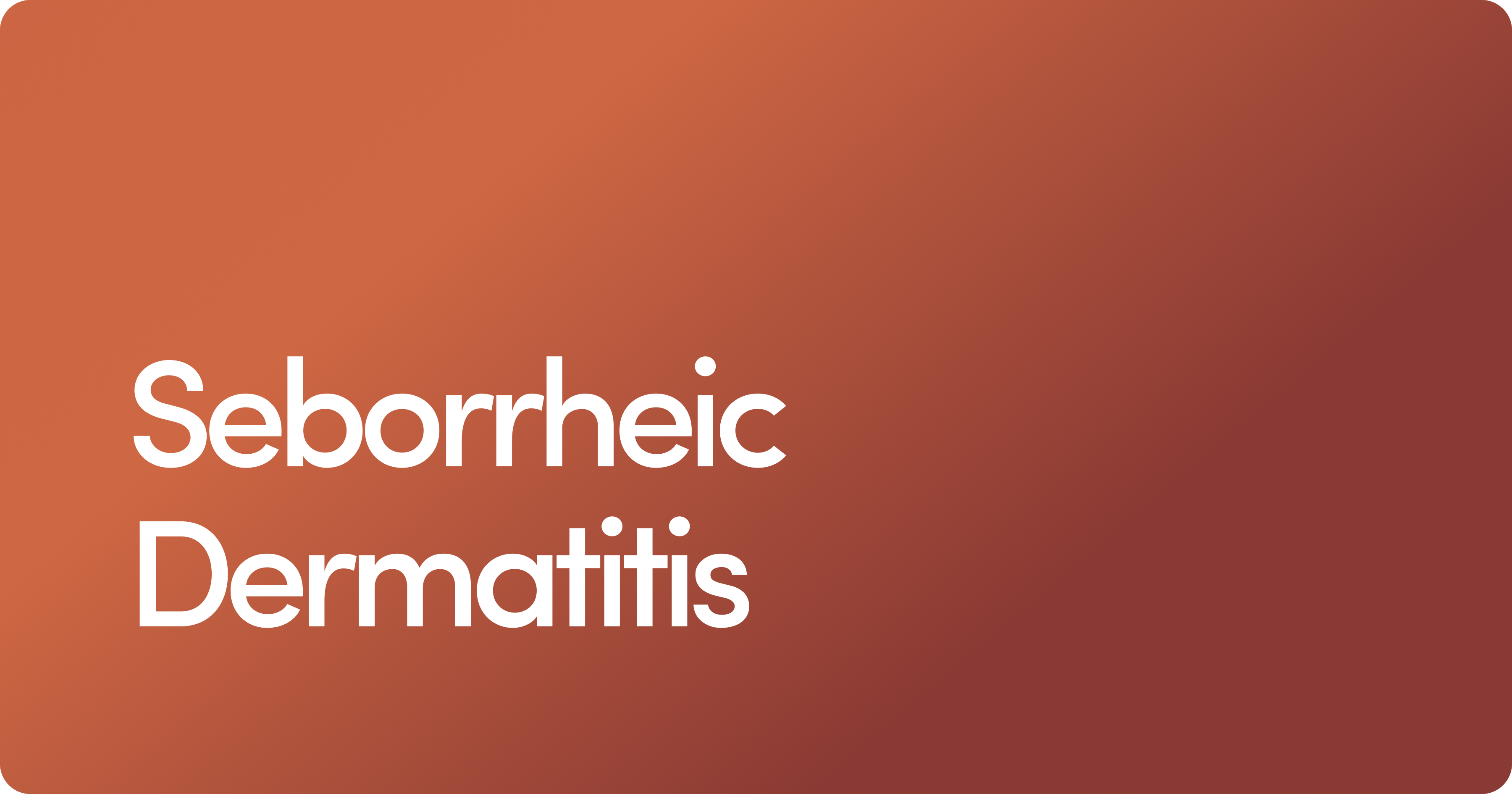Content
FDA approved for more than 25 years
Capillus Laser Cap Review: A Doctor Weighs in On The Laser Light Cap

Reviewed by Lynn Marie Morski, MD, JD
Written by Geoffrey C. Whittaker
Published 10/20/2021
Updated 08/16/2025
The Capillus® Laser Cap is a low-level laser therapy (LLLT) device marketed to treat hair loss at home, without medication or surgery. So what do the Capillus reviews and studies say — does it actually treat hair loss?
While the U.S. Food and Drug Administration has cleared Capillus laser therapy caps to manage androgenetic alopecia, research on their effectiveness is limited, especially when compared to other hair loss treatments like minoxidil and finasteride.
Below, we explain what Capillus is, what research says about its effectiveness, what a doctor thinks, and what other options you might want to consider for managing the symptoms of hair loss.
Content
What is the Capillus Laser Cap?
Capillus is a brand of FDA-approved laser light therapy caps designed to stop hair loss, stimulate hair growth, and energize and renew cells inside your hair follicles through the use of targeted light. The caps can be powered by a battery pack or an AC adapter.
Capillus caps are available online through capillus.com and other retailers.
Capillus offers several different caps:
The entry-level CapillusUltra
The mid-range CapillusOne
The high-end CapillusPlus and CapillusPro
The Capillus laser therapy hats vary in laser energy output, spanning from 410 mW all the way up to 1,360 mW. The caps also vary in laser coverage, from 112 laser diodes in the entry-level devices to 304 in the higher-end models.
Pricing ranges from $399 to $2,999 per device.
According to Capillus, wearing a Capillus device for just six minutes a day is enough to promote hair growth and prevent hair loss from androgenetic alopecia from worsening.
Capillus caps are approved in the USA for use by men and women who are managing androgenic alopecia, commonly known as male or female pattern baldness.
Androgenic alopecia is associated with the androgen dihydrotestosterone, or DHT. Most treatments for hair loss work in one of two ways. Some work by blocking DHT, which shields hair follicles from DHT’s damaging effects. Others do not affect DHT levels, but work by stimulating hair growth at the scalp level, usually by promoting healthy blood flow or extending your natural hair cycle.
Capillus doesn’t block DHT within your scalp or prevent your body from producing DHT in the first place. Instead, it uses concentrated laser light to stimulate blood flow to your scalp.
Capillus Laser Cap Review
Below, you’ll find reviews of the Capillus Laser Cap from board-certified dermatologist Knox Beasley, MD.
Product type: Low-level laser therapy (LLLT) device
Key ingredients: Light diodes to stimulate growth
Cost: $899–2,599
Purpose: Claims to use laser light therapy to regrow hair
Efficacy: ★★★
“There are some studies showing a benefit of LLLT for treating male pattern hair loss, but more research is needed,” Dr. Knox says.Side effects: ★★★★ “There are very few side effects,” he adds.
Ease of use: ★★★★★ “ Treatment is only for six minutes a day, regardless of which cap you use.”
“This is a good option for someone to supplement a prescription hair loss regimen to help maximize results,” says Dr. Knox.
Capillus Laser Cap Pros and Cons
Pros
FDA-cleared for hair regrowth
Discreet design and can be worn on the go
Only requires six minutes of use per day
Multiple models and different strengths to choose from
Cons
Can be expensive, especially for high-end models
Requires consistency over a long period to see results
Very little research on its effectiveness, so results aren’t guaranteed
Capillus Laser Cap FAQs
Here are answers to some of the most frequently asked questions about the Capillus Laser Cap:
Who Is The Capillus Best Suited For?
One group of people who may consider this a great option are those who struggle with the side effects of other hair loss treatments.
But these devices aren’t necessarily a good option for everyone. If you have advanced hair loss (for example, your hair follicles are severely damaged), the Capillus may not greatly improve your hair volume and growth.
And although the technology behind Capillus can theoretically work on anyone, it has currently only been tested on lighter skin tones. It’s not currently approved for brown, dark brown, and black skin tones.
Does The Capillus Cap Work?
Right now, there isn’t a lot of scientific research on the effectiveness of low-level laser therapy devices like the Capillus Cap for preventing hair loss and stimulating hair growth.
In an older review published in the journal Lasers in Surgery and Medicine in 2014, researchers noted that laser technology helped stimulate hair growth in mice with hair shedding, and in men and women experiencing pattern hair loss.
The researchers theorized that laser technology might treat human scalp hair loss by increasing the proportion of hairs that are in the anagen (growth) stage of the hair growth process.
Despite these findings, the scientists also concluded that more research is necessary before we can know the true long-term effectiveness of laser treatments for hair loss in men and women.
Another older review, published in Lasers in Medical Science in 2015, found that the devices appear to be both safe and effective for treating pattern hair loss in men and in women.
A more recent review from 2020 published in Skin Appendage Disorders also concluded that laser devices appear to be effective for treating pattern hair loss, but urged caution, as some studies had conflicts of interest.
Are Capillus Laser Caps Worth It?
Capillus Cap reviews are all over the internet, and many praise the benefits, discreet size, and comfort of the devices.
Most reviews of Capillus on websites like Trustpilot are positive, though some customers have shared complaints and negative reviews about the company’s customer service, satisfaction guarantee, warranty, and return policy.
Not all Capillus customers seem to be happy with the product and its safety as a hair growth device.
A Capillus lawsuit was filed by a customer in 2020 against Curallux, the company that produces Capillus products, alleging the caps cause problems including dandruff, headaches, and nausea — side effects that aren’t properly disclosed in Capillus advertising.
The lawsuit also claims that the “physician-recommended” marketing claims about Capillus laser hats are misleading due to the commercial relationships between doctors and Curallux.
Capillus devices should be used for six minutes daily to stimulate hair growth. Older devices (e.g., those made before September 2017) are meant to be worn for 30 minutes on alternating days. You should use this device when your hair is dry.
Like other hair loss treatments, Capillus can take time to produce results. You’ll likely only notice small changes during the first three months of treatment.
Capillus claims that more significant results typically take between 12 and 24 months to occur.
Is Capillus Similar to Theradome?
Capillus and Theradome both fall under the category of laser hair growth devices, but they work slightly differently.
Capillus uses FDA-cleared low-level laser therapy (LLLT) through a soft, flexible cap embedded with medical-grade laser diodes. The device is meant to be worn for around 6 minutes a day.
Theradome, also FDA-cleared, comes as a helmet-type device made entirely of plastic. It has fewer diodes and a different light delivery system than the Capillus device. It’s meant to be worn for around 20 minutes.
While both devices aim to encourage follicle activity via LLLT, Capillus offers higher power and more coverage.
Capillus Laser Cap Side Effects
Low-level laser therapy devices like the Capillus appear to be safe, with only minor dermatological side effects reported in most research.
Side effects of laser hair growth devices may include:
Dry skin
Itchy skin
Irritation
Scalp tenderness
A warm sensation at the scalp
Some study participants have also noted a small increase in hair shedding during the first few weeks of treatment — something that can happen with other hair loss treatments, too.
The Capillus One is the company’s entry-level model. It costs $899.
The Capillus Spectrum, the company’s most powerful and expensive hair growth cap, is available at a retail price of $2,599.
Payment plans are available for all Capillus caps, so you can choose to pay for your device on a monthly basis instead of all at once.
Alternatives to Capillus Laser Cap
Here are a few hair loss treatment alternatives to consider.
Minoxidil
Minoxidil is an FDA-approved medication that helps hair regrow by increasing blood flow to the scalp. It’s available as a foam or liquid solution, both of which are easy to apply.
It usually takes about 2 to 4 months to start seeing results with minoxidil, but studies show consistent use can lead to visible improvement over several months.
Hims can offer you access to a provider who can help you decide if minoxidil is right for you, especially as a budget-friendly alternative to expensive laser caps.
Finasteride
Finasteride blocks dihydrotestosterone (DHT), the hormone responsible for male pattern baldness. It’s taken orally and often paired with minoxidil for better results.
Finasteride treats hair loss at the hormonal level, which can potentially slow down the progression altogether.
Through Hims, you can consult with a licensed provider and get finasteride delivered, if it’s the right treatment option for you.
HairMax PowerFlex 272
This laser cap offers a similar treatment mechanism to Capillus but at a lower price point. It includes 272 medical-grade lasers in a flexible silicone cap. Just like Capillus, it’s FDA-cleared and designed for comfort.
While still an investment, it’s an option for people who want the benefits of LLLT without paying Capillus prices.
The Capillus Laser Cap: Takeaways
Laser therapy caps like Capillus are commonly promoted as an at-home solution for slowing down, stopping, and even reversing the effects of male and female pattern hair loss.
Are they effective? Are they worth it? Here’s what you need to know:
Although research is limited, some scientific studies suggest that Capillus may help to stimulate hair growth. Limited research also shows LLLT may help you maintain healthier hair if you’re in the early stages of hair loss.
Capillus caps are a less invasive option compared to hair transplant surgery. LLLT doesn’t require any cutting into the scalp and side effects are unlikely.
While the Capillus laser hair cap is an interesting hair loss treatment option, it comes with a hefty price tag. Plus, it isn’t backed by as much research as the hair loss medications finasteride and minoxidil.
You can learn more about the best ways to promote thick, healthy hair growth in our lifestyle guide Hair Care for Men.
Thinning hair? Consider setting up an online hair loss consultation with a healthcare professional to find out what treatments might be best for you.
7 Sources
- Avci, P., et al. (2014). Low-level laser (light) therapy (LLLT) for treatment of hair loss. https://www.ncbi.nlm.nih.gov/pmc/articles/PMC3944668/ .
- Egger, A., et al. (2020). Examining the safety and efficacy of low-level laser therapy for male and female pattern hair loss: A review of the literature. https://www.karger.com/Article/FullText/509001 .
- Friedman, S. & Schnoor, P. (2017). Novel approach to treating androgenetic alopecia in females with photobiomodulation (low-level laser therapy). https://pubmed.ncbi.nlm.nih.gov/28328705/ .
- Gupta AK, et al. (2022). Minoxidil: A comprehensive review. https://pubmed.ncbi.nlm.nih.gov/34159872/
- Ho, C.H., et al. (2021). Androgenetic alopecia. https://www.ncbi.nlm.nih.gov/books/NBK430924/ .
- CapillusUltra and other laser caps. (n.d.). https://truthinadvertising.org/class-action/capillusultra-and-other-laser-caps/ .
- Zarei, M., et al. (2016). Low level laser therapy and hair regrowth: An evidence-based review. https://pubmed.ncbi.nlm.nih.gov/26690359/ .
Editorial Standards
Hims & Hers has strict sourcing guidelines to ensure our content is accurate and current. We rely on peer-reviewed studies, academic research institutions, and medical associations. We strive to use primary sources and refrain from using tertiary references. See a mistake? Let us know at [email protected]!
This article is for informational purposes only and does not constitute medical advice. The information contained herein is not a substitute for and should never be relied upon for professional medical advice. Always talk to your doctor about the risks and benefits of any treatment. Learn more about our editorial standards here.
Lynn Marie Morski, MD, JD
Basic Information
Full Name: Lynn Marie Morski, MD, JD
Current Role at Hims & Hers: Medical Advisor
Credentials & Background
Education:
Juris Doctor - Thomas Jefferson School of Law, 2014
Doctor of Medicine - Saint Louis University School of Medicine, 2005
Training:
Primary Care Sports Medicine Fellowship - University of Arizona, 2009
Family Medicine Residency - Mayo Clinic - 2008
Medical Licenses:
California, 2010
Board Certifications:
Affiliations & Memberships:
Experience & Expertise
Specialties & Areas of Focus:
Mental Health, Primary Care, Psychedelic Medicine
Years of Experience: 11
Previous Work Experience:
Physician & Subinvestigator/Clinician Rater - Kadima Neuropsychiatry Institute, January 2025–
Investigator - Elite Clinical Network, June 2024–
Physician - Veterans Administration, 2010–2019
Publications & Research:
Morski LM. Invited Commentary on Psychedelic Therapy: A Primer for Primary Care Clinicians. Am J Ther. 2024;31(2):e183-e185. https://journals.lww.com/americantherapeutics/citation/2024/04000/invited_commentary_on_psychedelic_therapy__a.9.aspx
Grover, M., Anderson, M., Gupta, R., Haden, M., Hartmark-Hill, J., Morski, L.M., Sarmiento, Dueck, A. Increased osteoporosis screening rates associated with the provision of a Periodic Health Examination. J Am Board Fam Med November-December 2009 vol. 22 no. 6 655-662. https://www.jabfm.org/content/22/6/655.long
Morski, L.M., Bratton,R.L. and DeBrino, G. Older Man With Fever and Tender Rash. Consultant, 2009, May 49(5). https://www.consultant360.com/content/older-man-fever-and-tender-rash
Contributions to Hims & Hers
Medical Content Reviewed & Approved:
List pages or topics the expert has reviewed for accuracy
Quotes or Expert Insights:
Mental health care isn’t a luxury, it’s a fundamental part of overall well-being. We all deserve mental health support that’s evidence-based, accessible, and affordable.
Media Mentions & Features:
A User’s Guide to Therapeutic Psychedelics: From magic mushrooms to MDMA and ayahuasca to ibogaine—everything you need to know before (and after) taking the leap - Oprah Daily, May 6, 2024
Personal & Humanizing Details
Why I Practice Medicine:
I'm passionate about helping people access reliable, affordable healthcare—without stigma or unnecessary barriers. Everyone deserves to feel informed and empowered when it comes to their health!
Hobbies & Interests:
Salsa dancing, drumming, surfing, scuba diving, triathlons
Contact & External Profiles
Professional Website or Profile: https://www.morskiconsulting.com/, https://psychedelicmedicineassociation.org/
Related Articles
Related Conditions
 Hair Loss
Hair Loss
 Male Pattern Baldness
Male Pattern Baldness
 Dandruff
Dandruff
 Scarring Alopecia
Scarring Alopecia
 Seborrheic Dermatitis
Seborrheic Dermatitis
